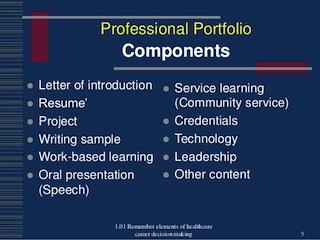
"I love huntin’ through data to find the weird little trends; it’s how you learn how things actually work. I also really, really dig the concept of crowdfunding. Put the two together, and you’ve got my attention.
During a chat with John Biggs today at Disrupt Europe, Indiegogo CEO Slava Rubin dropped a rapid fire stream of knowledge. If you’re considering doing any sort of crowdsourcing campaign, this is probably stuff you should know.
The tips Slava gave were almost entirely pulled straight from the data that Indiegogo has gathered over the past few years, rather than random guess work. “I used to have a lot of opinions. Now, luckily, I don’t have to have opinions. We can talk on data.”
While these pointers are based on Indiegogo’s data, the overall concepts likely apply to pretty much any crowdfunding platform.
Slava broke his advice down into three categories: pitching, being proactive, and finding an audience.
On pitching:
- If you have a video, you’ll raise 114% more money on average than if you don’t.
- Wondering how many perks to offer? The magic number seems to be somewhere between 3-8.
- On average, successful campaigns will cross their target fundraising goal on Day 36.
- Average contribution size on successful campaigns comes in at around $70.
- If you have 4 or more people on your team, you’ll raise 70% more money than if you only have one person.
On being proactive:
- Update your backers (and potential backers) regularly. ”If you do an update every 5 days or less, you’ll raise 4x more than if you do an update every 20 days or more”.
- Need to reach potential backers? Indiegogo sees most contributions coming from email campaigns. Facebook is second, then Twitter.
- Momentum matters: you’re 5x more likely to hit your target if you can reach at least 25% of your overall goal within the first week
Finding an audience:
- “We like to think about it as 1/3, 1/3, 1/3. Indiegogo multiplies whatever you can accomplish. If you’re only able to raise $0, Indiegogo can only multiply [by zero]. You need to start by finding the first 1/3 of the money for your campaign [through your network], often the next third comes from friends of your network, and Indiegogo will, on average, get you that last third.”
- Have your family and friends help to get the ball rolling: “No one wants to fund your empty campaign”
- On whether your project should be as polished as possible “I don’t think it’s about [that]. It’s about being authentic. […] Some campaigns should be more polished, because that’s what they’re trying to sell. Some campaigns can just use flipcams and iPhones. It varies, and the data really doesn’t prove yet that it’s important to be polished.”
- On how important it is that your campaign is in english: “There’s a debate on that. To get as many international dollars as possible, you definitely will want english as part of your campaign. But, obviously, if you want to focus first on your local community, [use that local language].”
*Article was swiped from Techcrunch.com Disrupt Europe 2013 Conference.
Dr. Raymond Jewell is a leading Economist and Home Based Business Consultant. Dr. Jewell is an Alpha Founder with Markethive and manages several blogs in the hive. Markethive is a revolutionary new marketing tool that is a game changer in marketing on the web. Sign up for a FREE Markethive system and see for yourself.
Alan Zibluk – Markethive Founding Member



